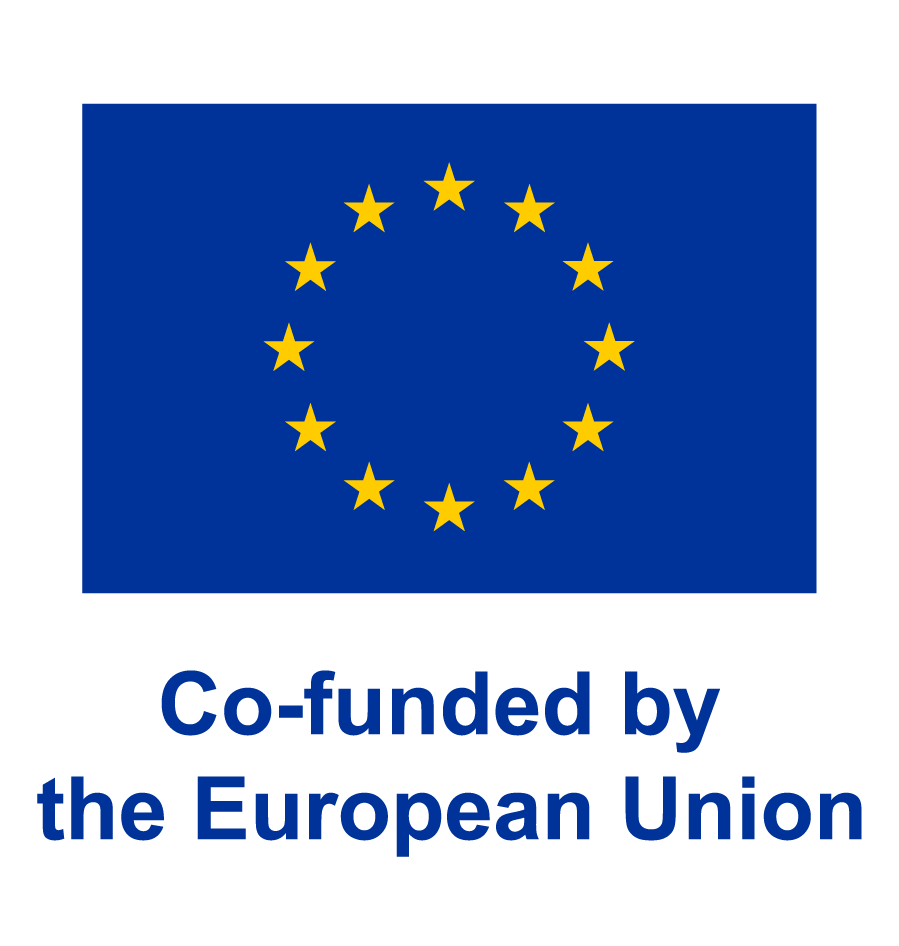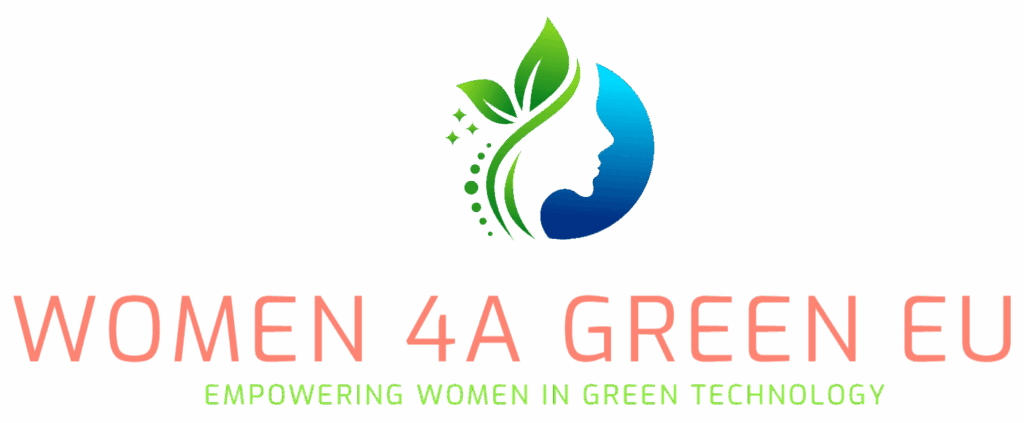About the project
Women4AGreenEU is a dynamic, multi-country initiative aiming to significantly enhance the participation and success of women in the green technology sector. Over a 36-month period, this EU-funded project integrates advocacy, policy experimentation, and educational empowerment to dismantle systemic barriers hindering women’s full involvement in green tech.
Through a proposed Advocacy & Policy Innovation Ecosystem, the project promotes inclusive, scalable strategies that blend vocational education, stakeholder engagement, and systemic policy transformation.
Objectives
- Break down systemic barriers restricting women’s entry and advancement in green tech fields.
- Develop a comprehensive ecosystem of advocacy, policy tools, and partnerships to influence education and labor policies.
- Create a replicable and scalable policy framework for gender inclusivity in green-skilled education and employment.
- Foster a strong European network of VET providers, educators, government agencies, and clean tech companies to drive gender-aware transformation.
Project start date: 01/03/2025
Project end date: 31/03/2028
Activities
Building the Ecosystem
Develop frameworks and tools for gender-inclusive green tech policy.
Engage stakeholders and design policy blueprints.
Establish a transnational advocacy network.
Awareness Raising
Use digital outreach, social media, workshops, and seminars to engage young women and women reentering the job market.
Target VET providers, schools, and employment offices to raise visibility.
Capacity Building
Implement pilot training programs and mentorship initiatives for women in clean tech.
Train educators and career counselors to support women’s pathways into the sector.
Legacy and Expansion
Maintain and expand advocacy and policy tools.
Promote long-term impact and ecosystem sustainability.
Partners

Funded by the European Union. Views and opinions expressed are however those of the author(s) only and do not necessarily reflect those of the European Union or the European Education and Culture Executive Agency (EACEA). Neither the European Union nor EACEA can be held responsible for them.
Project Number: 101195898








